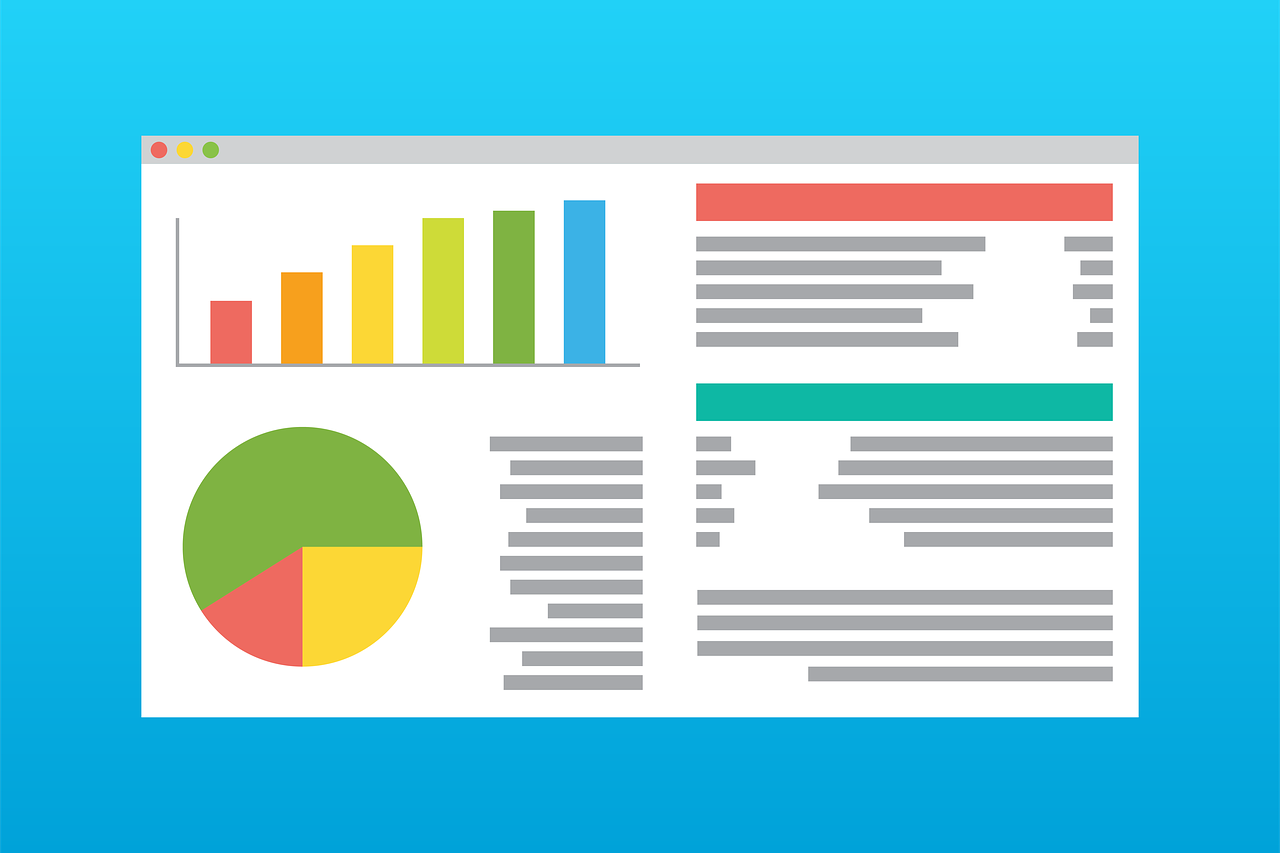In today's ever-evolving business environment, it is crucial for companies to have an effective and efficient way of managing their inventory. With the help of software inbound and outbound inventory management, businesses can maximize their performance and achieve their goals.

购买用友软件,获取免费资料!
复制微信号
Inventory management is the process of overseeing and controlling the flow of goods from the manufacturer to the warehouse to the customer. This process is critical to the success of any business, as having too much or too little inventory can lead to lost sales, increased costs, and decreased revenue.

Effective inventory management allows businesses to optimize their supply chain, improve customer satisfaction, and increase profitability. It provides real-time visibility into inventory levels, helps predict demand, and allows for better order fulfillment.
How Software Inbound Inventory Management Maximizes Business PerformanceSoftware inbound inventory management focuses on the movement of goods from suppliers and manufacturers. It provides businesses with complete visibility and control over their incoming inventory, allowing for seamless integration with their existing systems and processes.
Using software inbound inventory management, businesses can optimize their ordering processes, reduce lead times, and improve supplier relationships. This helps to ensure the timely delivery of goods, which in turn can lead to greater customer satisfaction and increased revenue.
In addition, software inbound inventory management provides businesses with real-time visibility into their supply chain. This allows them to identify potential bottlenecks, manage inventory levels, and optimize production to meet customer demand.
How Software Outbound Inventory Management Maximizes Business PerformanceSoftware outbound inventory management focuses on the movement of goods from the warehouse to the customer. It provides businesses with complete visibility and control over their outgoing inventory, allowing for seamless integration with their existing systems and processes.
Using software outbound inventory management, businesses can optimize their order fulfillment processes, reduce order lead times, and improve customer satisfaction. This helps to ensure the timely delivery of goods, which can lead to increased customer loyalty and repeat business.
In addition, software outbound inventory management provides businesses with real-time visibility into their inventory levels, allowing them to identify potential stockouts, manage inventory levels, and optimize production to meet customer demand.
The Benefits of Integrated Software Inbound and Outbound Inventory ManagementBy integrating software inbound and outbound inventory management, businesses can achieve even greater efficiency and optimization. This allows for seamless tracking of inventory through the entire supply chain, from the manufacturer to the customer.
With integrated software inventory management, businesses can predict demand, optimize production, and reduce shipping costs. This leads to increased revenue, reduced costs, and improved customer satisfaction.
Furthermore, integrated software inventory management provides real-time visibility into inventory levels, allowing businesses to adjust their inventory levels to meet changing demand. This helps to reduce waste and ensure efficient use of resources.
The Role of Artificial Intelligence and Machine Learning in Inventory ManagementThe use of artificial intelligence and machine learning in inventory management is becoming increasingly popular, as it allows businesses to achieve even greater efficiency and optimization.
AI and machine learning can analyze vast amounts of data and provide businesses with actionable insights into their inventory management processes. This allows for real-time decision-making, predictive analytics, and the ability to optimize supply chain processes.
Furthermore, AI and machine learning can help businesses predict demand, optimize production, and reduce costs. This leads to increased revenue, reduced waste, and a more efficient use of resources.
The Future of Software Inventory ManagementThe future of software inventory management is bright, as businesses continue to seek ways to optimize their supply chain processes and maximize efficiency. As technology continues to advance, we can expect to see even greater integration of AI and machine learning, predictive analytics, and a continued focus on real-time decision-making.
In conclusion, by implementing software inbound and outbound inventory management, businesses can achieve greater efficiency, optimize their supply chain processes, and maximize their performance. The use of AI and machine learning will continue to play an increasingly important role in the future of inventory management, allowing businesses to achieve even greater optimization and efficiency.




